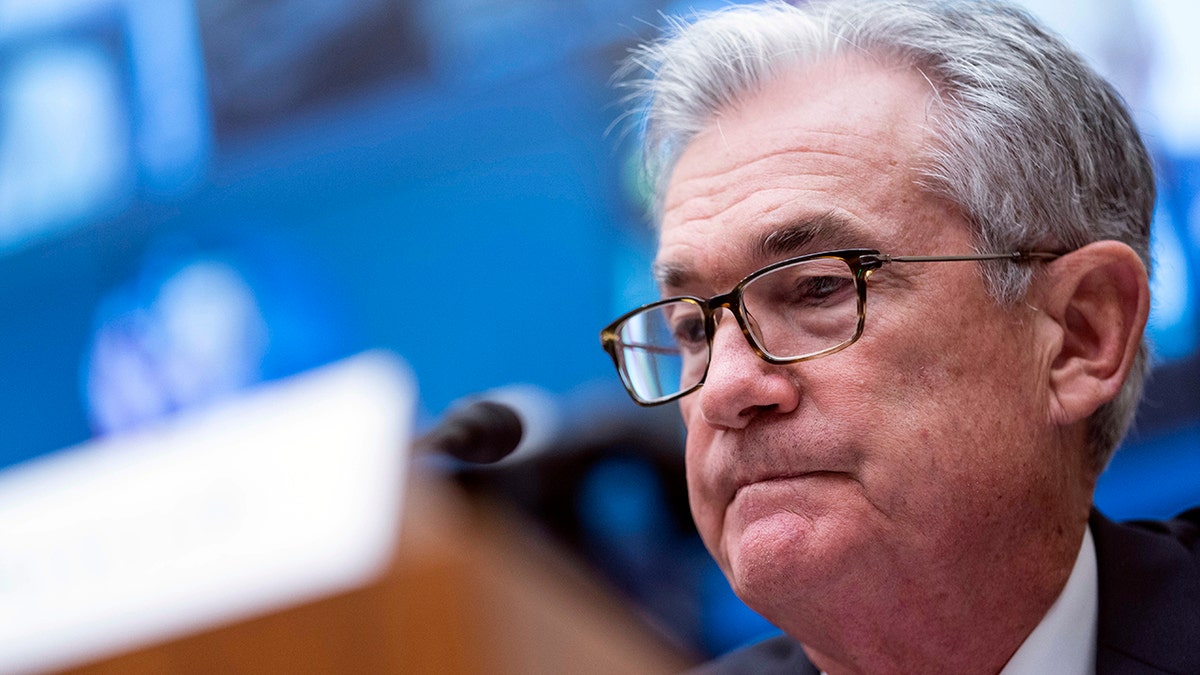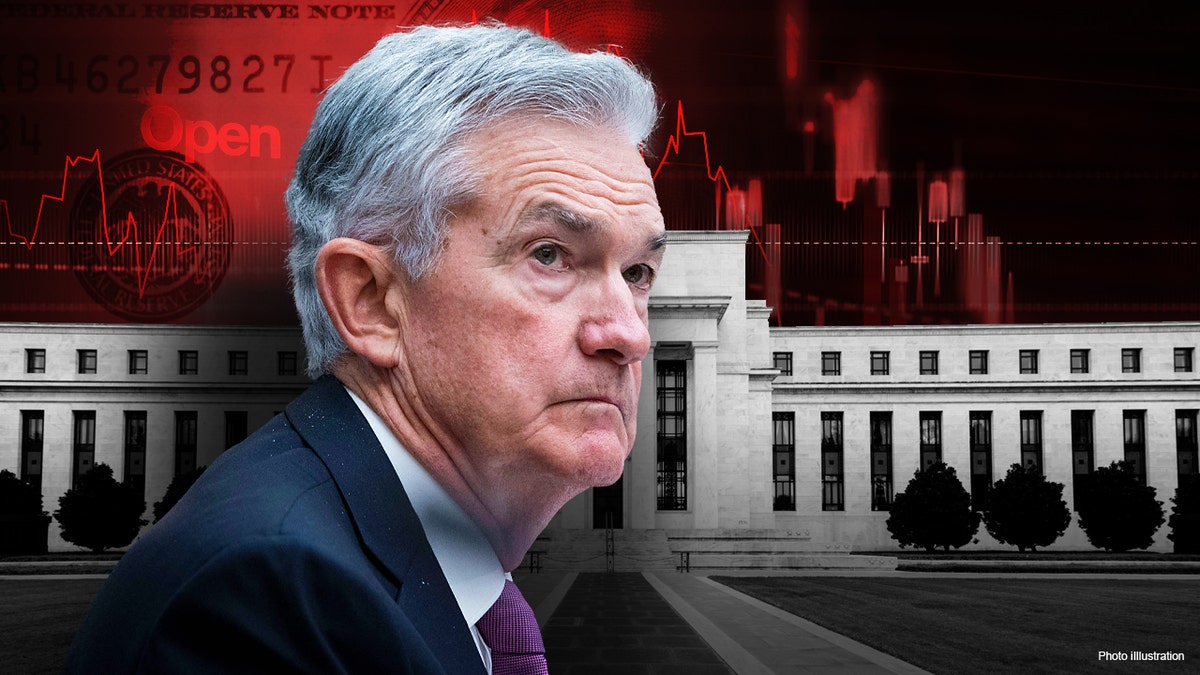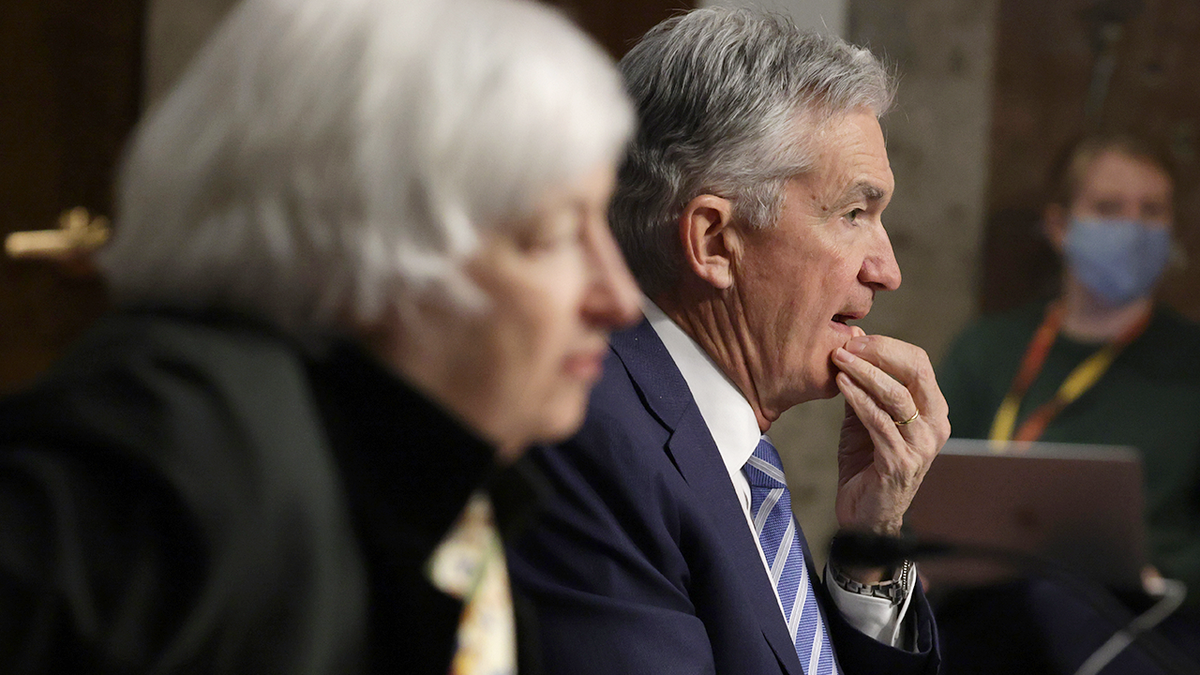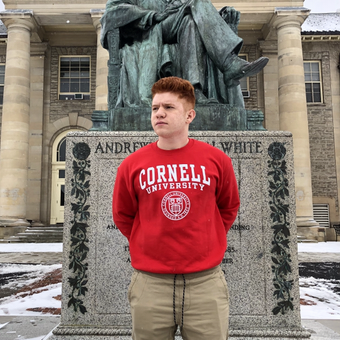Wharton Professor says Fed Chairman 'should apologize to the American people'
Wharton Professor Jeremy Spiegel argued that Federal Reserve Chairman Jerome Powell mishandled inflation during the last two years and "should apologize to the American people" during an appearance on CNBC's "Squawk Box" Monday.
Wharton Professor of Finance Jeremy Siegel said Monday Federal Reserve Chairman Jerome Powell owes the American people an apology for mishandling inflation over the past two years.
During an appearance on CNBC's "Squawk Box," Siegel criticized Powell for downplaying inflation throughout 2021 and overreacting to it now.
"All of a sudden, what's caused him to change his mind… a year ago when everything was booming he said inflation was no threat," Siegel said.
"Honestly, Chairman Powell, I think should offer the American people an apology for such poor monetary policy that he's pursued, and the Fed has pursued over the last two years," he continued.
INVESTOR SENTIMENT ‘UNQUESTIONABLY’ AT WORST LEVEL SINCE 2008 FINANCIAL CRISIS: BANK OF AMERICA

FILE - In this Sept. 30, 2021, file photo, Federal Reserve Chairman Jerome Powell testifies during a House Financial Services Committee hearing on Capitol Hill in Washington. (Sarah Silbiger/Pool Photo via AP, File)
Siegel's grievance is that the Federal Reserve did not raise interest rates when the economy was stronger in 2021, and is now raising them when the economy is declining. He argued that the Fed should have acknowledged inflation was a problem and raised rates sooner.
"They kept on pouring money in, commodities kept on going up, we didn't see the dollar soaring like we did now," Siegel said.
"The Fed's tightening and their talk of super tightening has just pushed markets way too extreme," he continued.
GLOBAL ECONOMY HEADED FOR PERVASIVE SLOWDOWN AMID ENERGY, INFLATION CRISES: OECD

US Federal Reserve Chairman Jerome Powell testifies before the House Oversight And Government Reform Committee hearings on oversight of the Treasury Department's and Federal Reserve's Pandemic Response, on Capitol Hill in Washington, DC, September 30, 2021. (Photo by Al Drago / various sources / AFP) (Photo by AL DRAGO/AFP via Getty Images)
"A year ago in September, they said no inflation was a problem at all," Siegel said.
Siegel also pointed out that real wages have fallen due to out of control inflation.
"It seems to me wrong for Powell to say we're going to crush wage increases, we're gonna crush the worker, that's not the cause of the inflation. The cause of inflation was excessive monetary accommodation over the last two years, don't shift the blame now to the worker, crush the worker, and say that's what we have to do to control the inflation. Wrong solution," he argued.

WASHINGTON, DC - NOVEMBER 30: U.S. Treasury Secretary Janet Yellen (L) and Federal Reserve Board Chairman Jerome Powell (R) testify during a hearing before Senate Banking, Housing and Urban Affairs Committee on Capitol Hill November 30, 2021 in Washington, DC. (Photo by Alex Wong/Getty Images)
CLICK HERE FOR THE FOX NEWS APP
The stock market tumbled last week amid the Fed's decision to raise interest rates by 75 basis points in order to curb inflation and fears of further economic decline. Persistent inflation has caused the Fed to take a stronger stance in favor of steadily raising interest rates, which will slow the economy.


